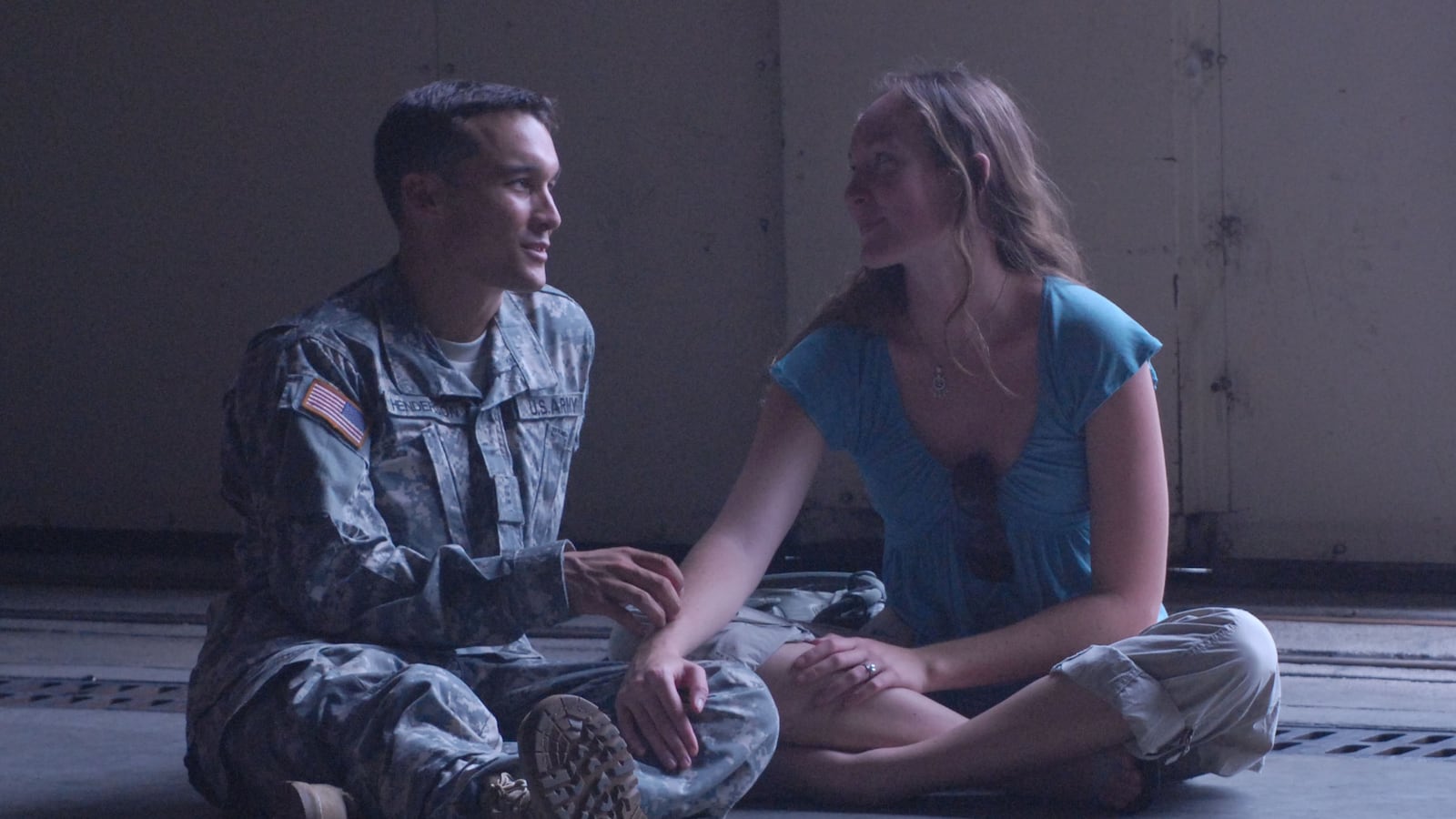My husband was killed in Iraq in the fall of 2006 at a time when the war made less and less sense. He died quickly but brutally in a helicopter crash outside Balad.
In the week after his death, a casualty assistance officer sat at my kitchen table and asked if I would like to be notified if the military found partial remains, the pieces of my husband's body that might be recovered from the crash site after his funeral. Outside a late-autumn storm was building and the air in the room was damp. The officer passed a form across the table and handed me a ballpoint pen, and I realized that this was war. Not the talk of strategy or politics, munitions or taxation; not the discussions on fiscal costs or boots on the ground jingoism. But a life disassembled, pieces trickling in over time.

What struck me in the run-up to the war in Iraq—and later in the decision to stay—was how few policymakers had any stake in that war. How few of them would send their own sons and daughters to fight, how few of them would sleep alone, how not one of them—not one—had to sit at his or her kitchen table and face the same decisions I did. If those in power were forced to weigh the lives of their loved ones against the uncertain gains of that conflict, would their choices have been different?
My husband joined the Army in the wake of September 11. He never debated the policies that brought us into the conflicts that followed because he trusted the government to make judgments that were in the best interest of the nation. Someone had to go, he said. Someone had to fight. Before he died, he wrote me a letter that I would find among the boot blousers and carabiners and thumbed-through magazines that the military shipped home.
I read the letter in my garage a full month after his tough bins were delivered; it took me that long to work up the courage to sort through them. The letter was what military widows call a goodbye letter, to be read only if the worst had happened. It was a first draft, written on notebook paper, with some of the lines of text crossed out. My husband was only four months into his deployment when he was killed; he was still working out the wording. In the lines that stayed, he said he hoped his service and his death had prevented others from ever having to experience combat. In the text that was crossed out: a question about our role in Iraq.
My casualty assistance officer assured me that if I declined to receive partial remains and any parts of my husband were discovered later, they would be handled respectfully. And so I marked my initials in the space to decline. Still they haunted me, those parts of my husband that I imagined never came home. There are 206 bones in the human body, 32 teeth. I don't know what state he arrived in because the Army declared him unviewable. I do know that the force of impact unhinged his seat from the cockpit and threw it and him through the helicopter's window. I'm told the recovery team did a thorough job in the hours after the crash, but the helicopter went down during a sandstorm that draped the landscape in dust. A few small shards would have been easy to miss.
Now each time the drumbeat to war sounds, I cringe. I wonder if those who advocate armed intervention ever stop to consider the costs. Not in tax dollars, not in national resources, not even in the amorphous concept of a body count. But in individual lives. My husband would have been 32 years old this year. By now we would be talking children. I need to believe that his death meant something, if only a caution against future unnecessary war.





